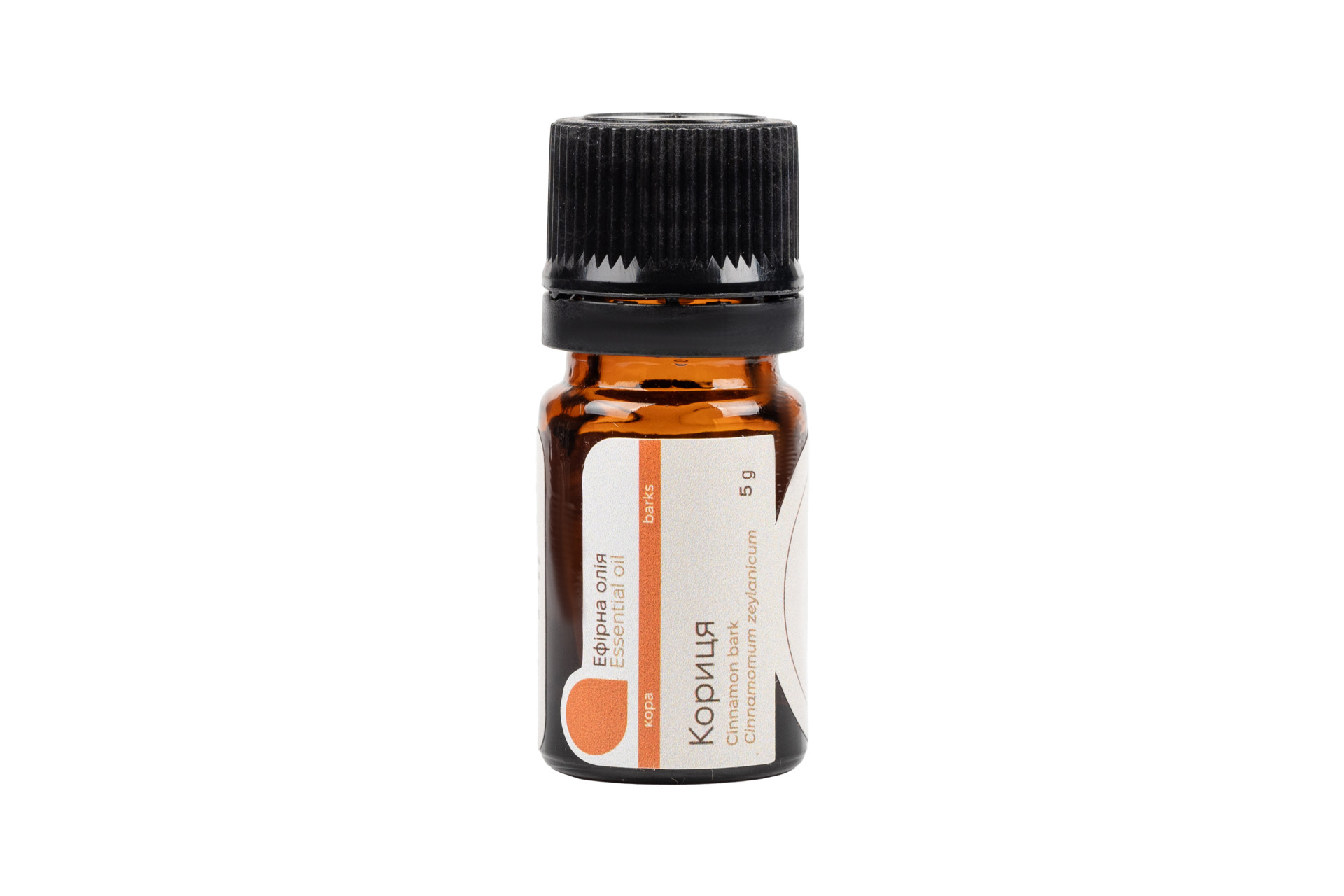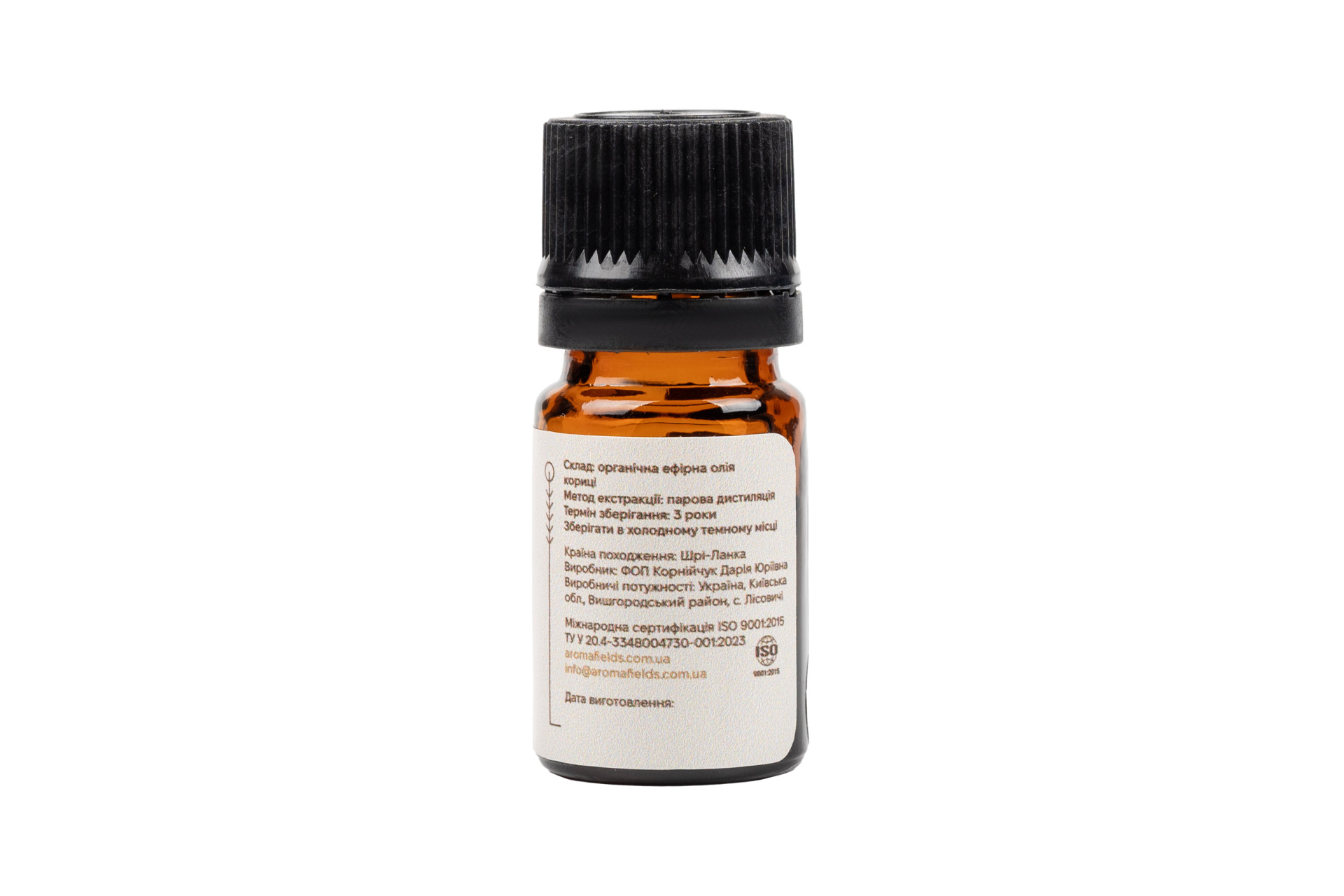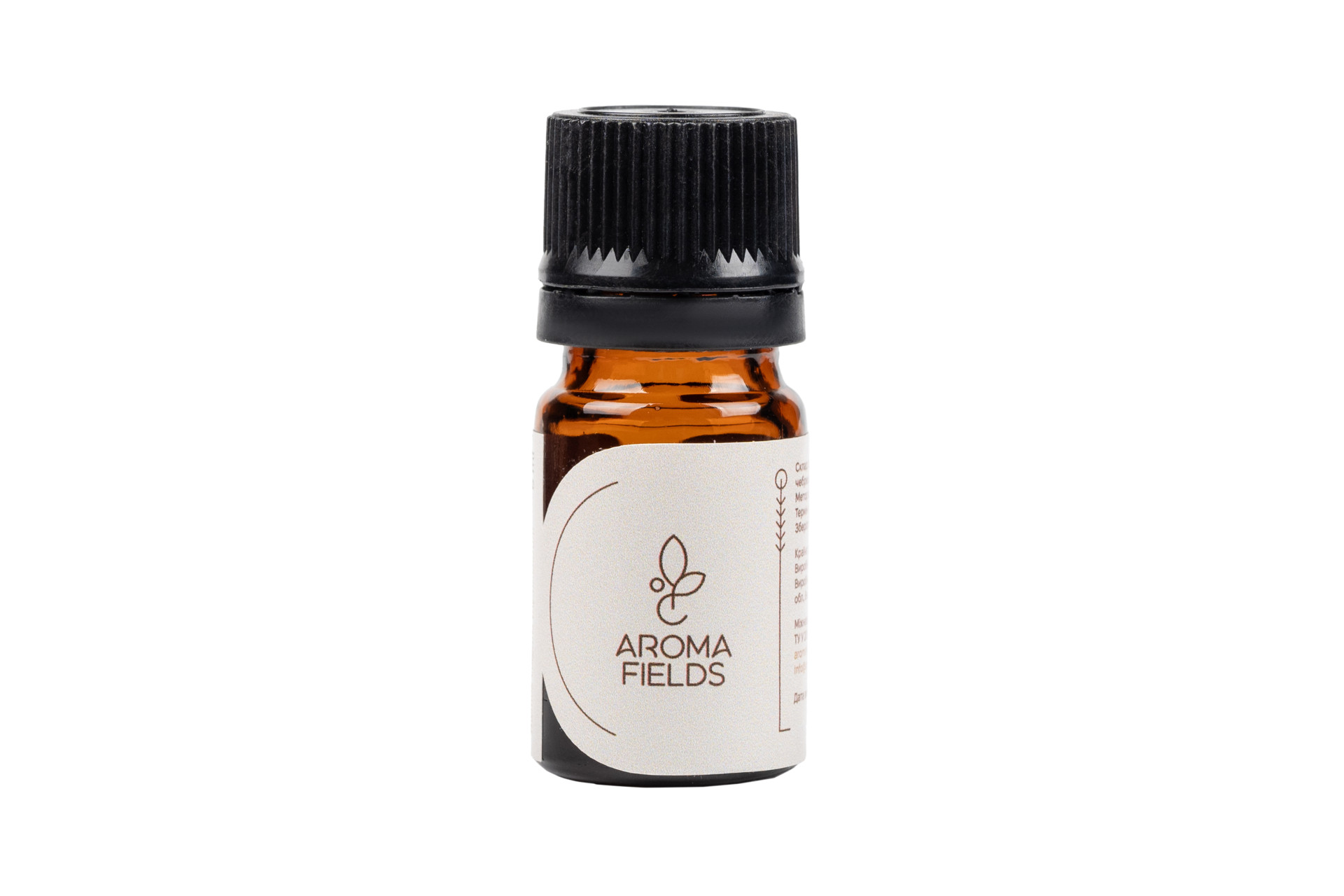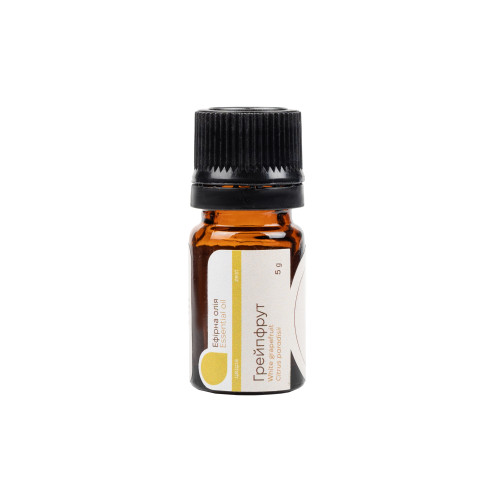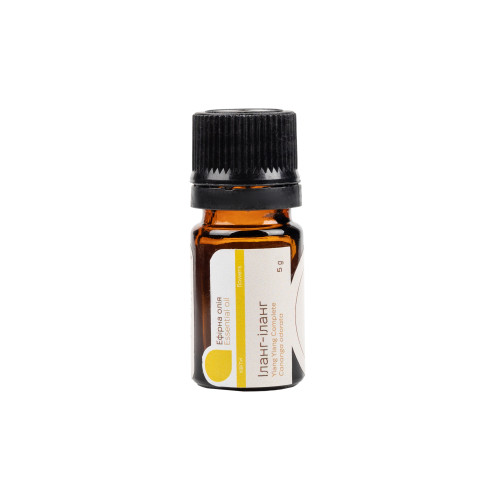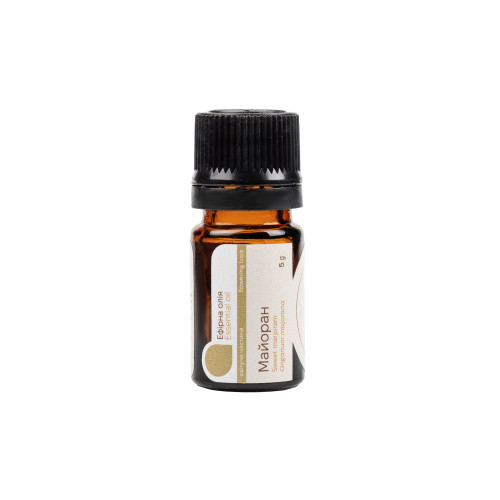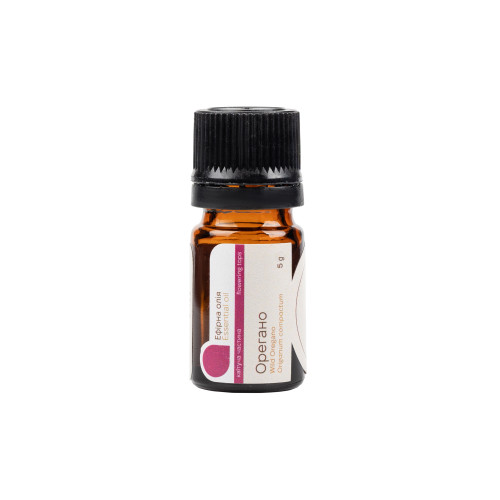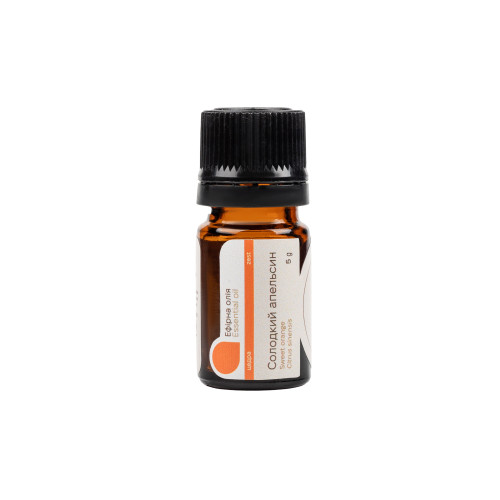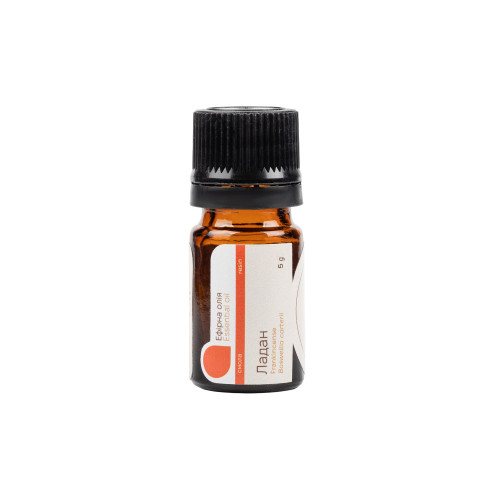Cinnamon bark organic essential oil
-
990 UAH
In Stock
Cinnamon bark essential oil is a spicy stimulant and natural protector of the body. It has powerful antibacterial, antifungal and anti-inflammatory effects, relieves muscle and joint pain, and digestive discomfort. The rich woody-spicy aroma warms, stimulates blood circulation and digestion, increases vitality and gives a feeling of inner strength and confidence.
- Worminogen
- Antidiarrheal
- Vitrogen (against flatulence)
- Stimulant
- Aphrodisiac
- Antimicrobial
- Antiseptic
- Diarrhea
- Dyspepsia (indigestion)
- Intestinal infection
- Poisoning
- Slow digestion
- Poor circulation
- Rheumatism
- Miscellaneous menstruation
- Impotence
- Infectious diseases
- Lice
- Scabies
- Warts
- Wasp bites
- Skin application in diluted form (e.g. massage)
- Dry or steam inhalation
- Passive diffusion with a nasal inhaler
- Active diffusion in a waterless therapeutic diffuser
- Hand and foot bath in diluted form with honey and milk
- Oral rinse in diluted form with water and honey
- Cold or warm compresses
- Internal use in therapeutic doses according to indications
- For external use on the skin, it requires dilution in a base at a maximum concentration of 1% (in higher concentrations it can irritate the skin)
- Do not heat essential oil for diffusion, use only a waterless diffuser to spray essential oils
- It is not recommended to use essential oils for children, pregnant and nursing women, the elderly or people suffering from chronic diseases without consulting a specialist
- It is not recommended to use internal use without consulting a specialist
- Do not use essential oil for intravenous or intramuscular injections
- Do not apply essential oils directly to mucous membranes
- Do not drip essential oils into the nose, eyes, ear canal
- For people with a tendency to allergies or high sensitivity, conduct a patch test before use
Plant: Cinnamon / Cinnamomum zeylanicum
Ingredients: 100% Organic and Therapeutic Cinnamon Essential Oil
Country of Origin: Sri Lanka
Extraction Method: Steam Distillation
Part plants: bark
Aroma: spicy, warm
Expiration date: 3 years
Storage conditions: in a cool, dark place at a temperature not exceeding +25°C. Avoid direct sunlight and warm/hot surfaces. Do not expose to oxidation and air.
Cinnamon bark essential oil is a spicy stimulant and natural protector of the body. It has powerful antibacterial, antifungal and anti-inflammatory effects, relieves muscle and joint pain, and digestive discomfort. The rich woody-spicy aroma warms, stimulates blood circulation and digestion, increases vitality and gives a feeling of inner strength and confidence.
Natural Cinnamon Bark Essential Oil
Cinnamon bark essential oil is extracted from the bark of Cinnamomum zeylanicum trees, which grow in the tropical regions of Sri Lanka. The oil is steam distilled from the bark, not the leaves, as the bark contains the highest concentration of cinnamaldehyde and terpenoids, which provide its unique therapeutic power. This oil is different from other cinnamon essential oils on the market: it is premium, with pronounced anti-inflammatory, analgesic and antimicrobial activity, and its aroma is much more intense and deeper than that of the leaf oil or ordinary cassia.
For centuries, cinnamon has been valued as a natural stimulant of digestion, circulation and immune support. Modern research confirms that its active components can reduce inflammation, relieve mild muscle and joint pain, digestive discomfort and nausea.
The aroma of cinnamon bark essential oil is warm, woody-spicy, warming and rich, it not only stimulates the body, but also tunes the mind: it helps increase energy, concentration and confidence, helps restore emotional balance and creates a feeling of inner strength and stability.
This oil does not just smell pleasant - it acts on the body and consciousness. It is ideal for massage, supporting digestion and general toning.
You can buy cinnamon bark essential oil on our website or via direct on Instagram.
Related Products
490 UAH
690 UAH

